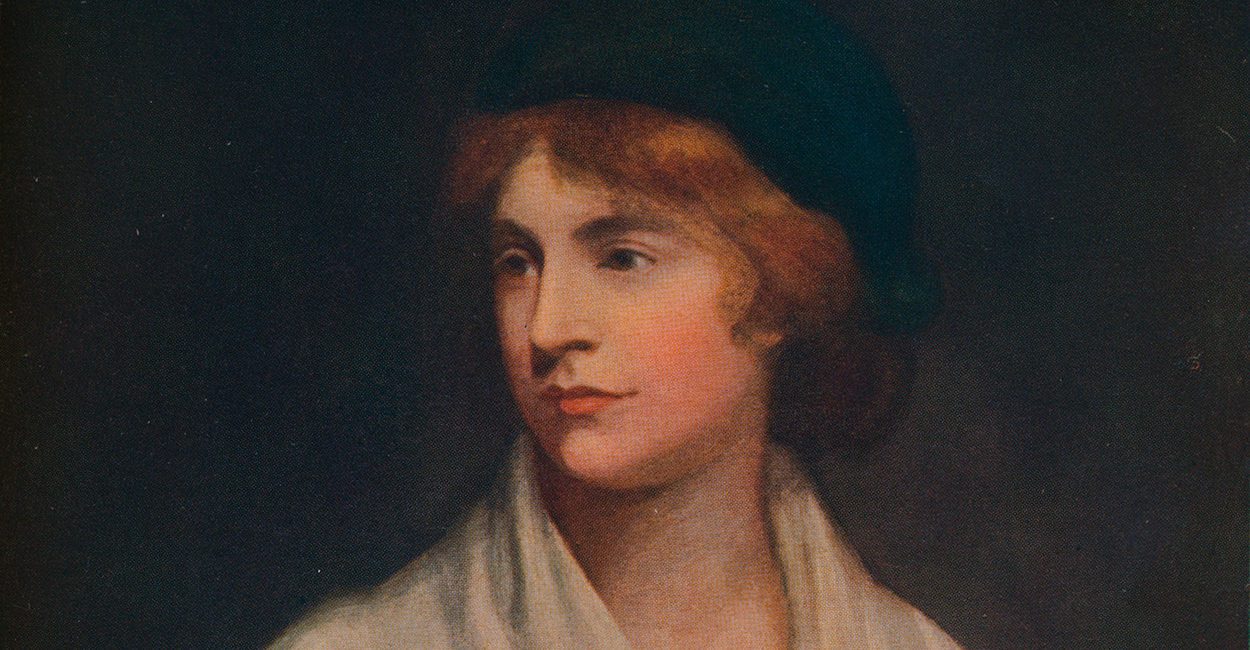Early Feminists Were Right About Unborn Human Life

(Originally published in The Daily Signal)
Although they were considered radical at the time, American suffragists were unrelenting in their efforts to transform our country’s politics and empower women with the right to vote.
The year 2020 marks the centennial of their victory in that battle, and while it is an occasion to celebrate, it is also a reminder that we must continue the work of these early feminists.
In addition to voting rights, suffragists championed abolition, equality in education, equal pay for equal work, and the right to life for the unborn.
Unlike many radical feminists of the second half of the 20th century and into 21st century, these women realized that abortion does not empower women. In honor of these suffragists, the theme for the 47th annual March for Life is “Life Empowers: Pro-Life Is Pro-Woman.”
American suffragists looked to the examples of their predecessors and were especially inspired by the English philosopher, author, and feminist Mary Wollstonecraft.
Born in Spitalfields, London, in 1759, Wollstonecraft began advocating equality for women long before the height of the women’s suffrage movement in the United States.
Though she is perhaps best known as the mother of Mary Shelley, who wrote the classic novel “Frankenstein: The Modern Prometheus,” Wollstonecraft was a prominent author in her own right. Her most famous work, “A Vindication of the Rights of Woman,” was published in 1792 and circulated several decades later by American suffragists Elizabeth Cady Stanton and Susan B. Anthony in their newspaper, Revolution.
Wollstonecraft advocated education reform as a means of empowering women and argued that the education system had been designed to oppress women, undermining their formation in a way that prevented them not only from flourishing as wives and mothers, but also blocking them from entering professional fields.
She believed that empowered women would embrace motherhood and described women who fulfilled their responsibilities as “independent.” According to Wollstonecraft, women’s first duty “is to themselves as rational creatures” and secondly “as citizens, is that, which includes so many, of a mother.”
Wollstonecraft viewed abortion as a depraved consequence of society’s failure to recognize the intrinsic value of women, as well as of the prevailing attitude that women should be objectified and subjugated by men.
She described women and children as victims of this failure to value women and motherhood:
Women becoming, consequently, weaker, in mind and body … have not sufficient strength to discharge the first duty of a mother; and sacrificing to lasciviousness the parental affection, that ennobles instinct, either destroy the embryo in the womb, or cast it off when born.
Wollstonecraft promoted pro-life ideals in her writing, but she also embodied the sacrifices she wrote about in her own life as a single mother, having her first child, Fanny Imlay, out of wedlock despite the harsh judgment of society.
Drawing on her experience as a mother, she argued that better education for women would allow future generations to flourish. She wrote that raising future generations of children “has justly been insisted on as the peculiar destination of woman” and therefore that “the ignorance that incapacitates them must be contrary to the order of things.”
Like Wollstonecraft, today’s pro-life feminists work to transform our culture into one that is both pro-child and pro-woman, recognizing that abortion violates motherhood and undermines women’s empowerment.
Since 1973, abortion has eliminated more 60 million children and harmed millions of mothers in the process. Giving women the right to vote was once considered radical, but today we often take it for granted.
We hope someday to see a world in which embracing the dignity of every human life, both women and their unborn children, is no longer considered a radical idea.
Jeanne Mancini is the President of the March for Life Education and Defense Fund and Alexandra DeSanctis is a staff writer for National Review.
